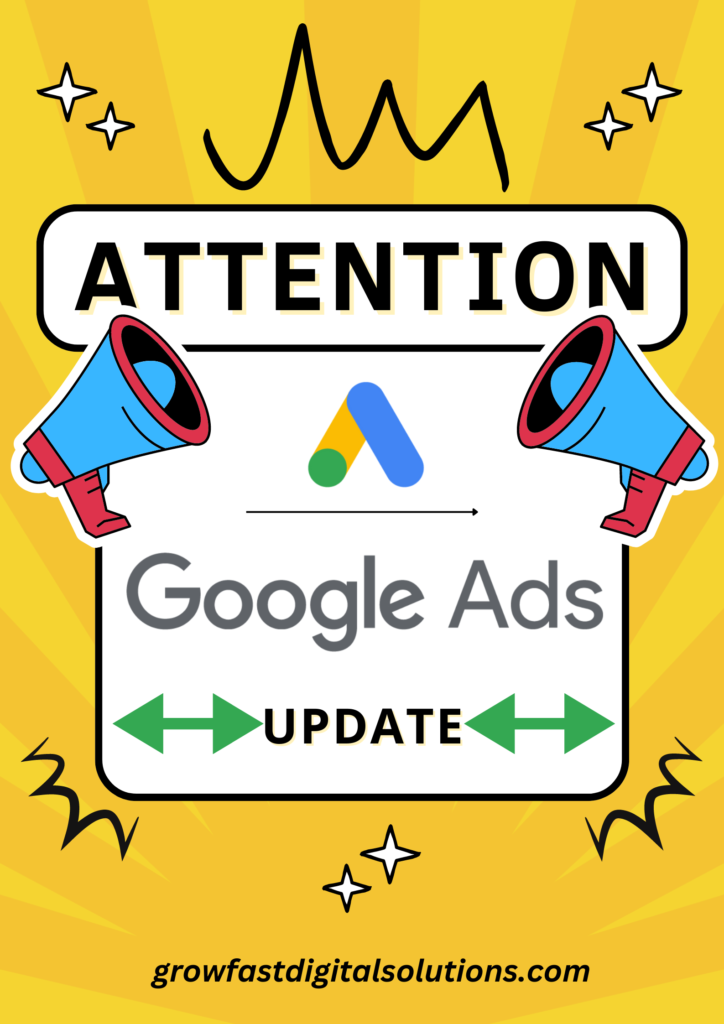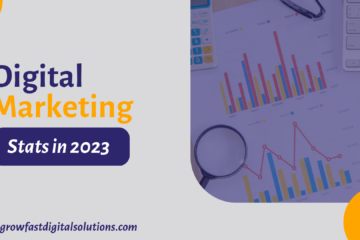In a surprising move, Google Ads recently announced the postponement of its much-anticipated switch to data-driven attribution. This delay has left marketers and advertisers wondering about the implications for their campaigns and strategies. In this blog post, you can delve into the details of Google’s decision, explore its reasons, and discuss the potential impact on digital marketers.

The Data-Driven Attribution Switch
Data-driven attribution is a powerful feature that allows advertisers to understand the impact of their various marketing touchpoints and allocate credit accordingly. By analyzing user behavior and conversion patterns across different channels and devices, data-driven attribution provides valuable insights into the customer journey and helps optimize advertising spend.
Google Ads had initially planned to switch all existing attribution models to data-driven attribution by a set deadline. However, due to unforeseen circumstances, the company has decided to postpone this transition indefinitely. While Google has not provided specific reasons for the delay, it is believed that the complexity of implementing data-driven attribution across all accounts and potential technical challenges could be contributing factors.
Implications for Marketers
The postponement of the data-driven attribution switch has both positive and negative implications for marketers. On the positive side, marketers who were not fully prepared for the transition now have more time to understand the nuances of data-driven attribution and develop strategies to leverage its benefits. It offers an opportunity for advertisers to analyze their campaigns, optimize their conversion tracking, and fine-tune their attribution models before the switch eventually takes place.
Additionally, the delay gives marketers a chance to explore alternative attribution models and experiment with different approaches to attribution. It allows them to test out various methodologies and determine which model aligns best with their specific business goals and objectives.
However, the delay also presents some challenges. Marketers who were eagerly anticipating the switch may be disappointed by the indefinite postponement. They might have invested time and resources into understanding data-driven attribution and adjusting their strategies accordingly. This delay means that they will have to continue using their current attribution models, which may not provide the same level of insight and accuracy as data-driven attribution.
Furthermore, marketers who have already made changes to their campaigns and budgets based on the upcoming switch may need to recalibrate their strategies. This situation highlights the importance of flexibility and adaptability in the ever-evolving world of digital advertising.
Final Words
While the postponement of Google Ads’ data-driven attribution switch may come as a surprise, it offers both advantages and challenges for marketers. The additional time allows advertisers to deepen their understanding of data-driven attribution, refine their strategies, and explore alternative attribution models. On the other hand, those who were prepared for the switch may need to readjust their plans and continue relying on their current attribution models for the time being.
In the end, the delay reminds us that digital marketing is a dynamic field where changes can occur at any moment. Marketers should remain agile, continuously adapt to new developments, and stay informed to make the most of their advertising efforts.



